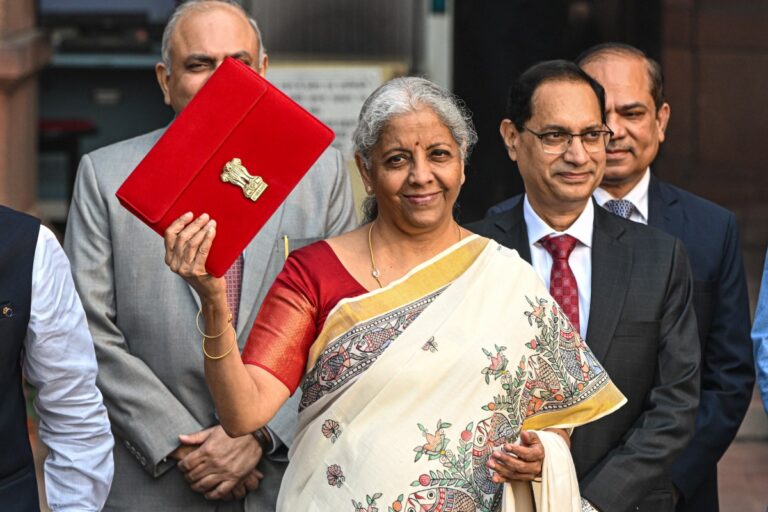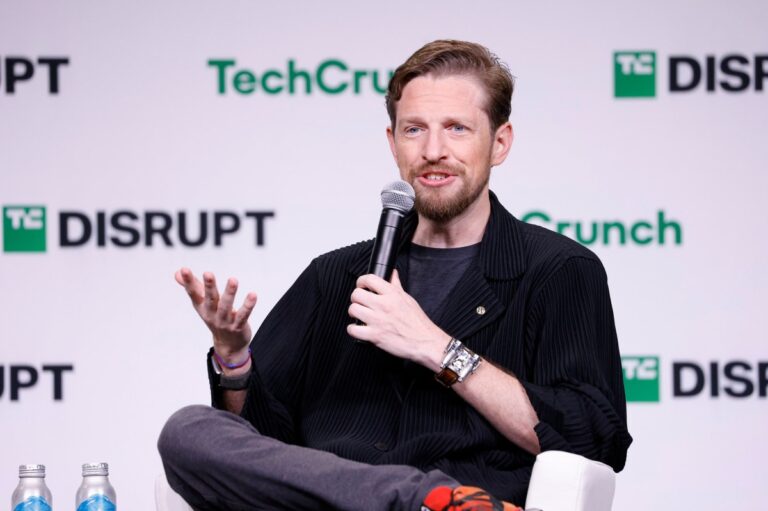OpenAI Researcher Behind GPT-4.5 Faces Green Card Denial: A Cautionary Tale
In a significant blow to the U.S. AI landscape, Kai Chen, a skilled Canadian AI researcher at OpenAI, has been denied a green card after residing in the U.S. for 12 years. This decision, as reported by Noam Brown, a prominent research scientist at OpenAI, raises concerns about the future of American innovation and talent retention in the tech sector.
Impact of Green Card Denials on AI Talent
Noam Brown expressed his deep concern in a recent post on X, highlighting that Chen’s denial impacts not just her but the broader AI community. “It’s deeply concerning that one of the best AI researchers I’ve worked with was denied a U.S. green card,” Brown stated. He emphasized that turning away talented individuals jeopardizes the United States’ position as a leader in AI.
Contributions to AI Development
Another OpenAI employee, Dylan Hunn, described Chen as “crucial” in the development of GPT-4.5, one of the company’s flagship AI models. Despite the setback regarding her green card, Chen plans to continue her work remotely from Canada until her situation is resolved.
Challenges for Foreign Researchers in the U.S.
Green cards can be denied for various reasons, but this incident highlights the increasing barriers faced by foreign talent wishing to live and work in the U.S. The Trump administration’s strict immigration policies have led to numerous challenges for international students and researchers. Over the past few months, more than 1,700 international students in the U.S. have faced visa status challenges, including accusations of supporting controversial groups or minor legal infractions.
- Visa denials can stem from paperwork issues or administrative errors.
- Recent reports indicate a potential crackdown on visa applications for foreign researchers.
- The government is exploring a new system for reviewing international student visas.
OpenAI has not commented on the specifics of Chen’s case; however, a spokesperson mentioned that the application was filed prior to Chen joining the company. They noted potential paperwork issues and are working closely with Chen on her situation.
Broader Implications for AI Innovation
As U.S. immigration policy continues to tighten, the implications for the AI industry are profound. AI labs like OpenAI heavily depend on foreign talent, having filed over 80 H-1B visa applications last year alone. The H-1B visa allows U.S. companies to employ foreign workers in specialty occupations requiring advanced degrees.
Recent changes in immigration procedures, including requests for additional evidence, are causing concern among experts who fear this could lead to more denials of applications.
The Role of Immigrants in AI Growth
Immigrants have been instrumental in the growth of the U.S. AI sector. According to a study by Georgetown’s Center for Security and Emerging Technology, 66% of the top U.S.-based AI startups featured on Forbes’ “AI 50” list had immigrant founders. Moreover, a 2023 analysis by the National Foundation for American Policy revealed that 70% of full-time graduate students in AI-related fields are international students.
Notable figures in the AI community, such as Ashish Vaswani, co-creator of the transformer model, and OpenAI co-founder Wojciech Zaremba, have also experienced the challenges of navigating U.S. immigration as they pursued their careers.
Future Considerations for Researchers
The current immigration landscape, coupled with reduced funding opportunities and an unfriendly atmosphere for certain scientific fields, has led many researchers to consider relocating abroad. A recent survey indicated that 75% of scientists are contemplating jobs outside the U.S.
For more information on immigration policies affecting tech talent, visit Immigration Policy Center and OpenAI’s official website.
As the situation unfolds, it remains crucial for the U.S. to reassess its immigration policies to retain and attract top talent in the competitive field of artificial intelligence.







